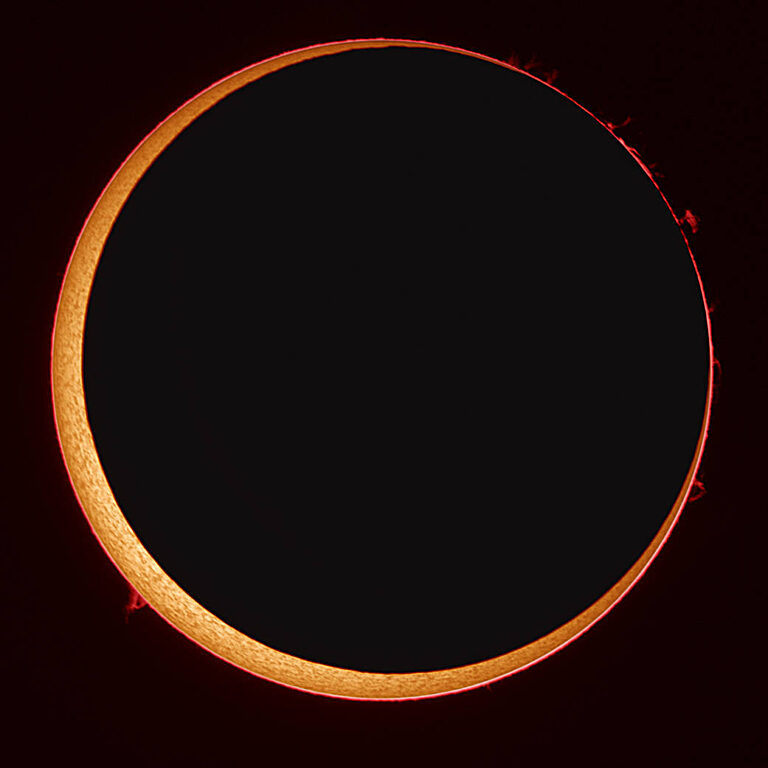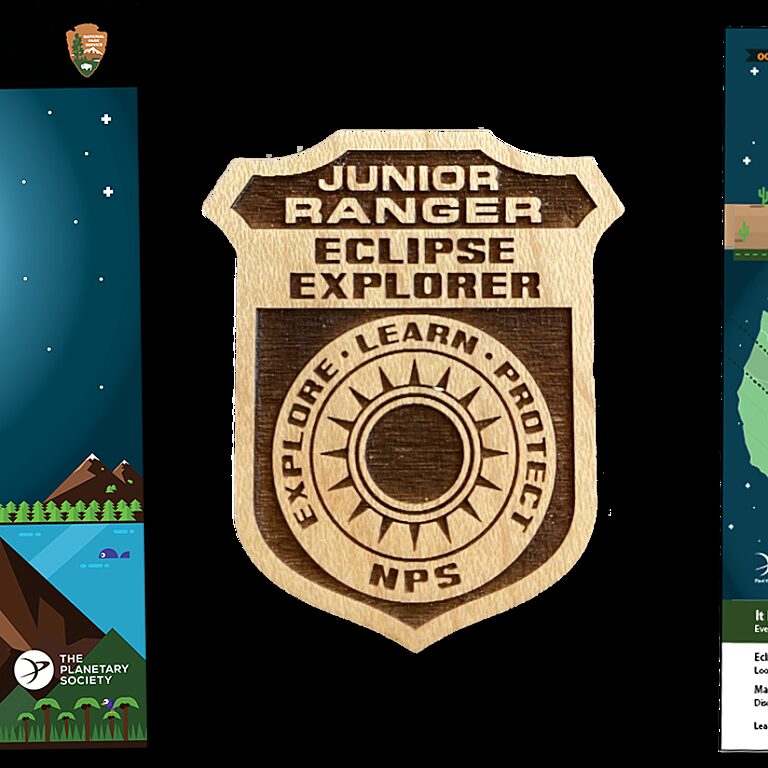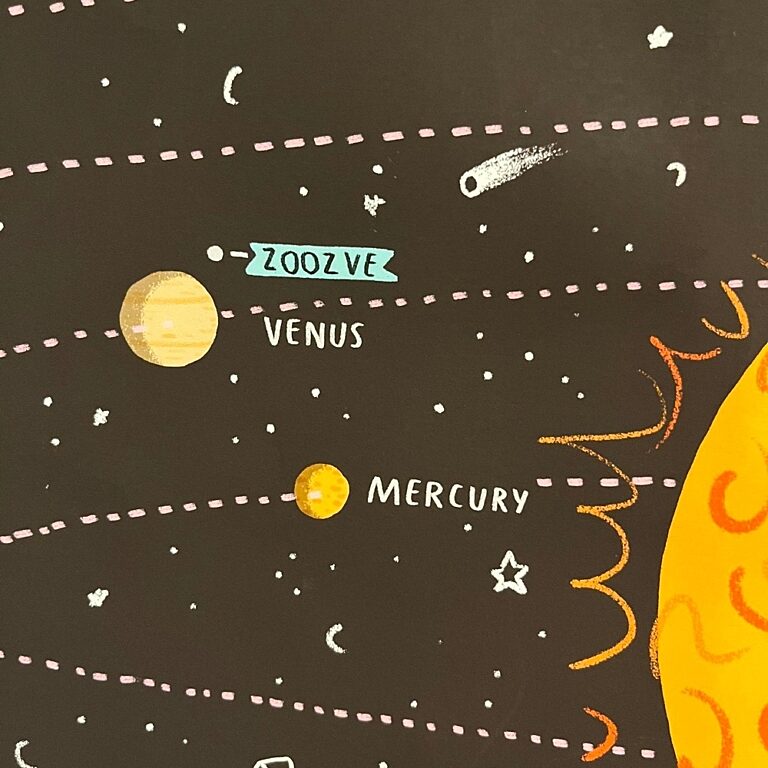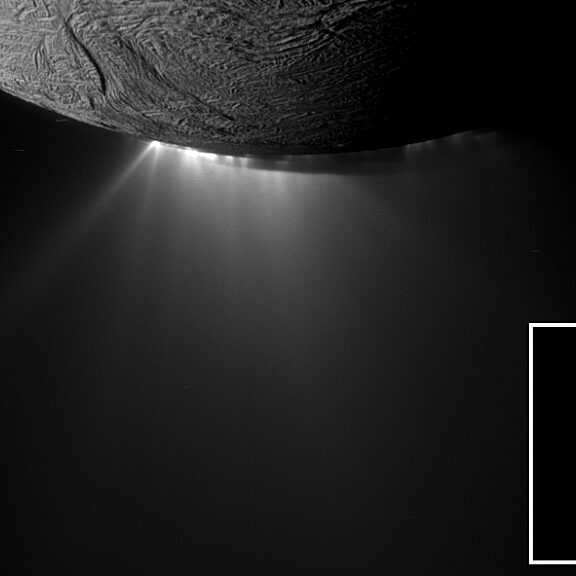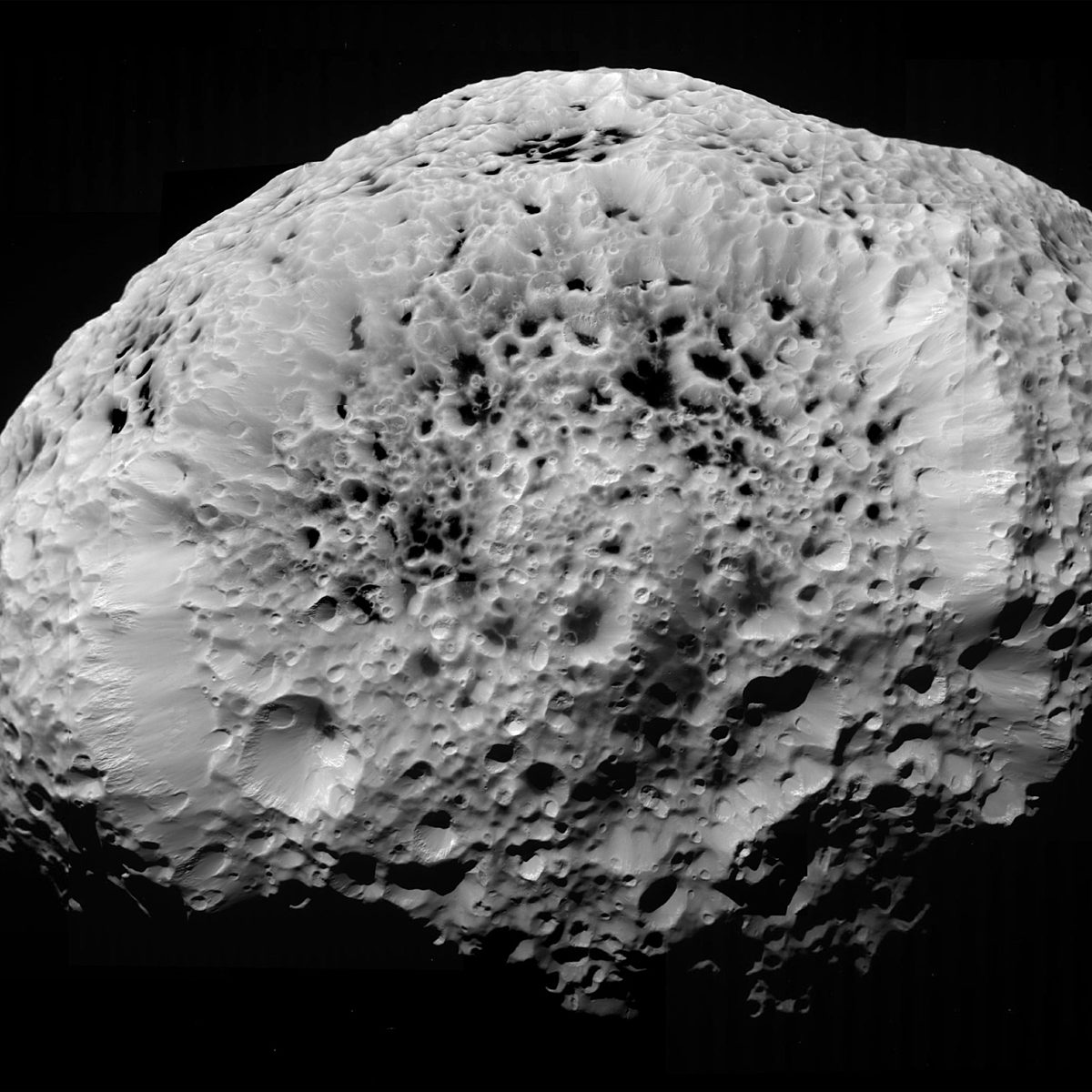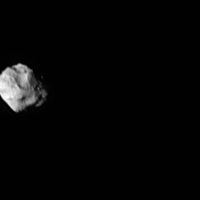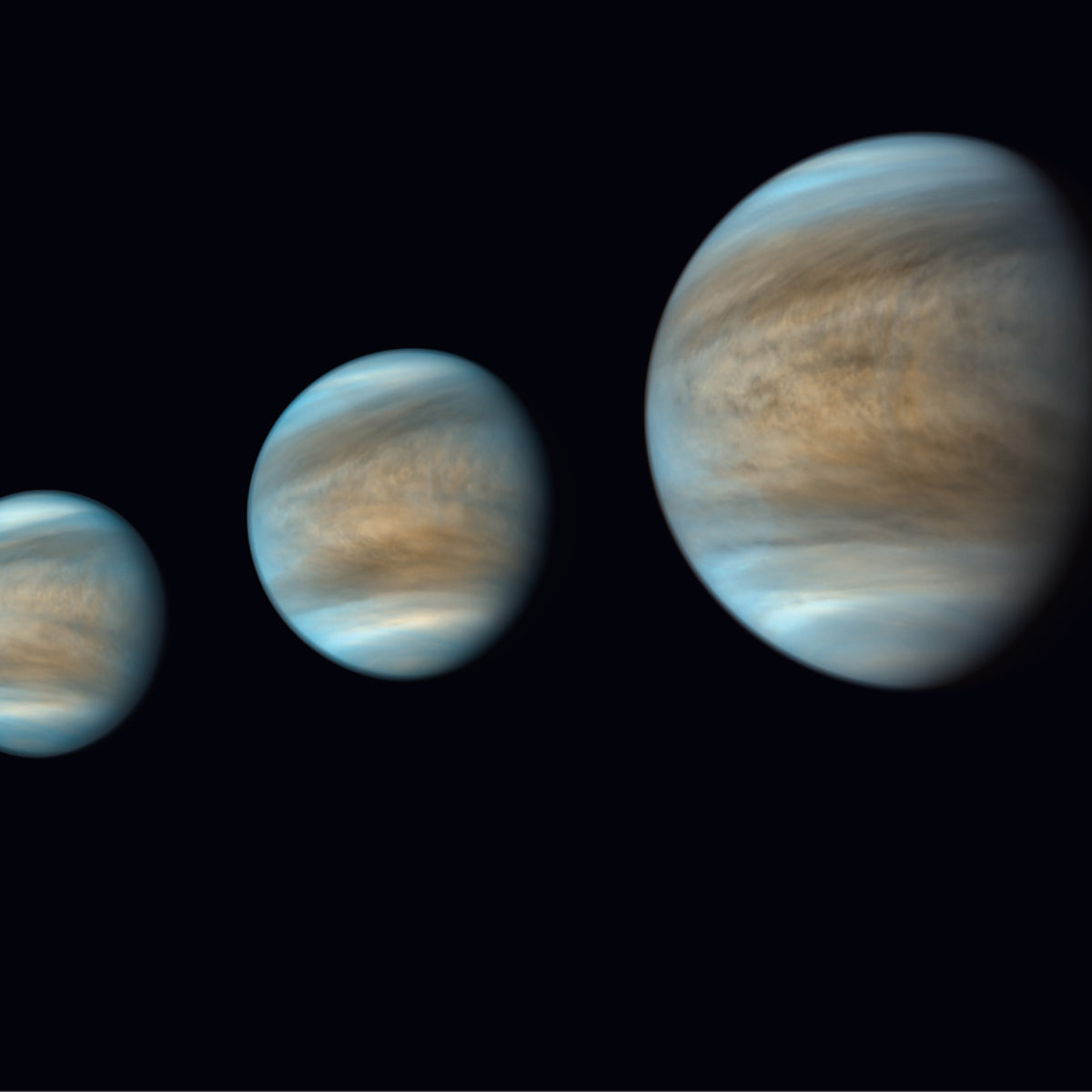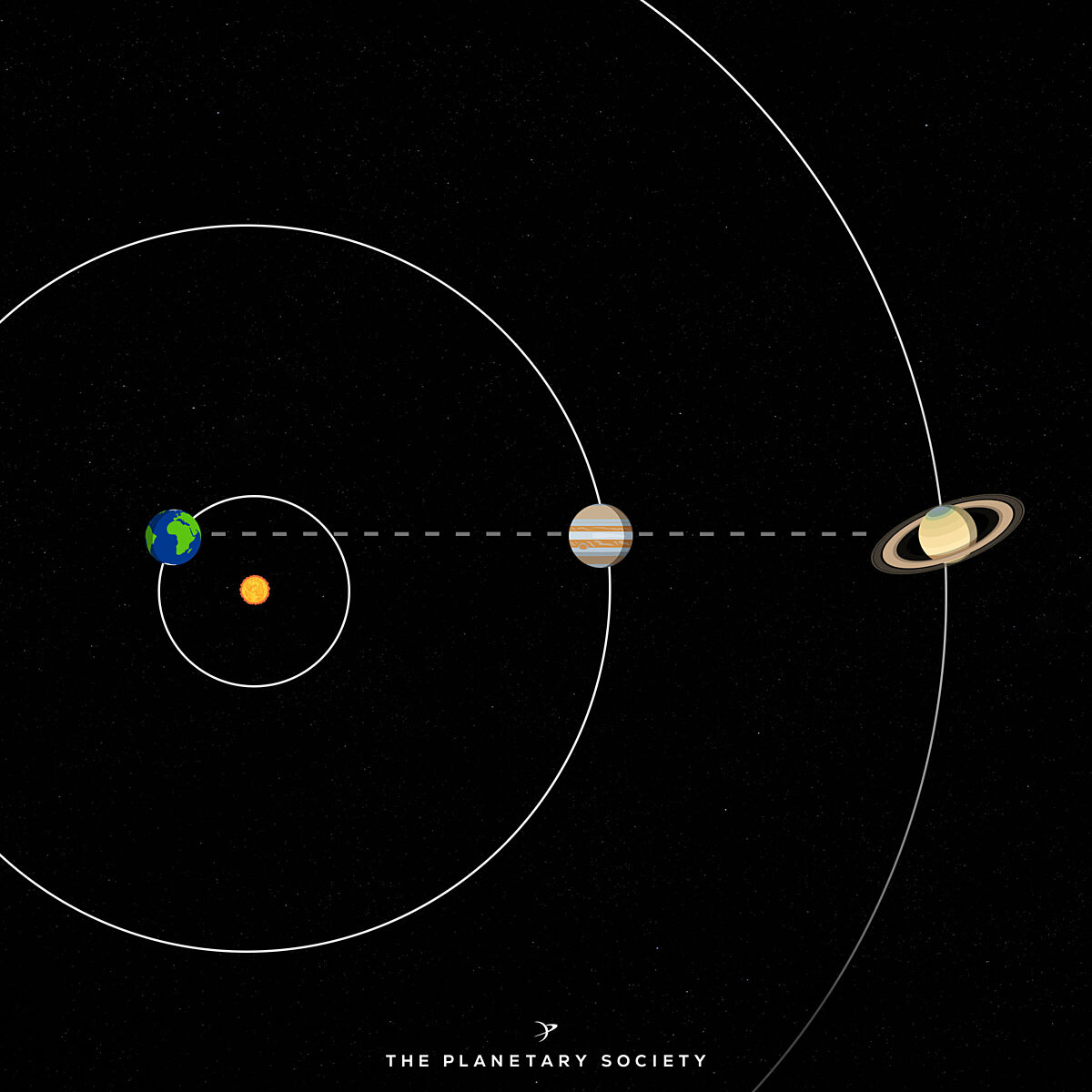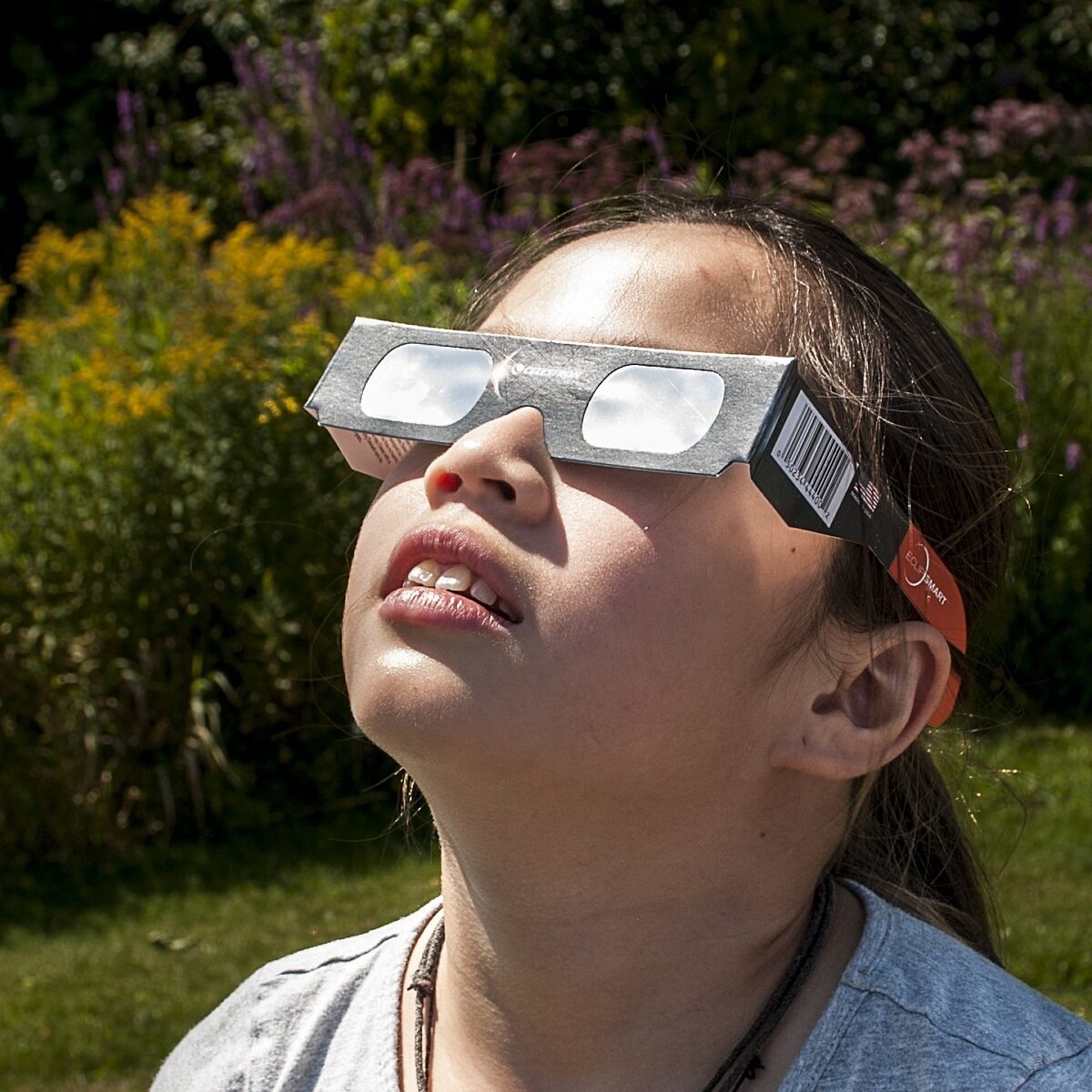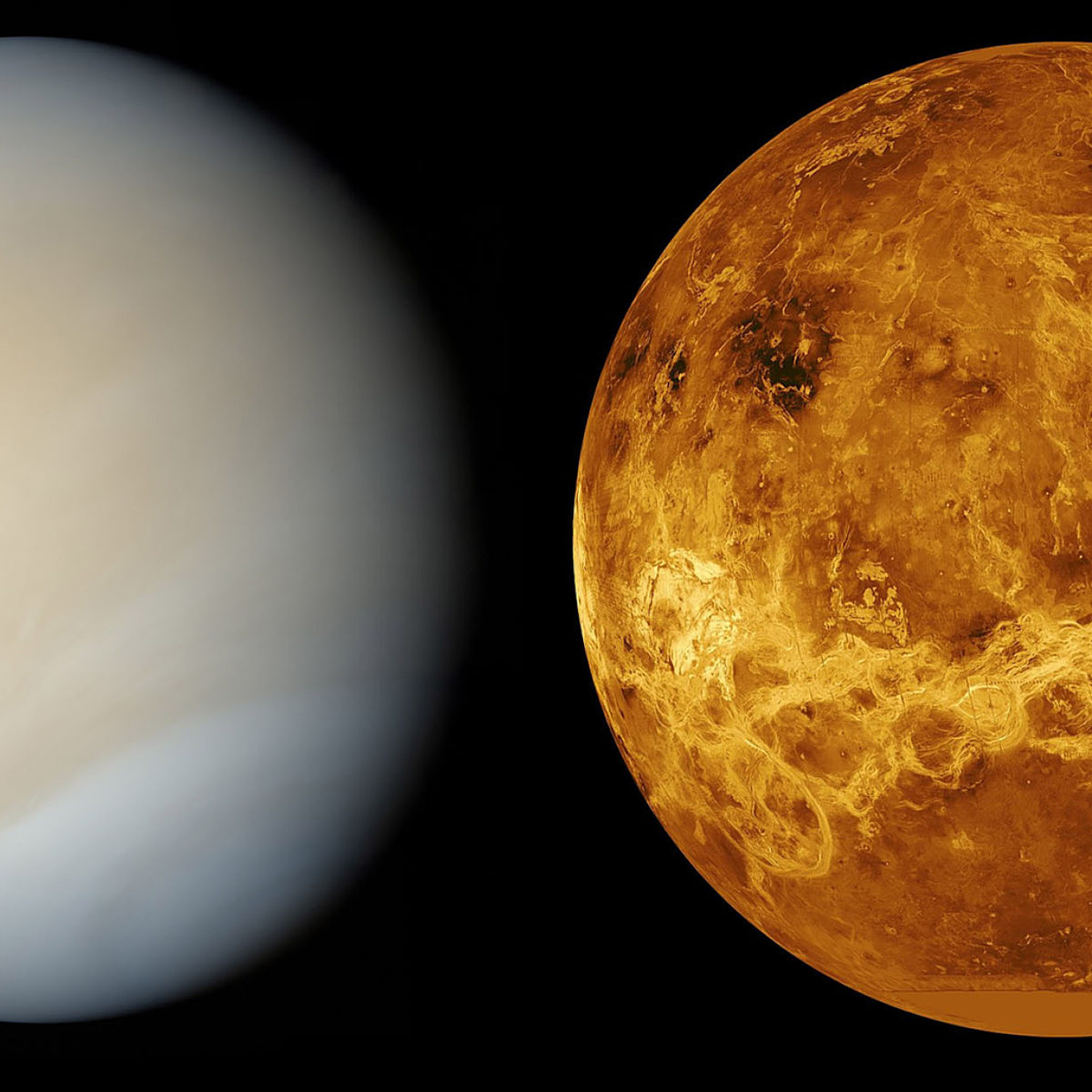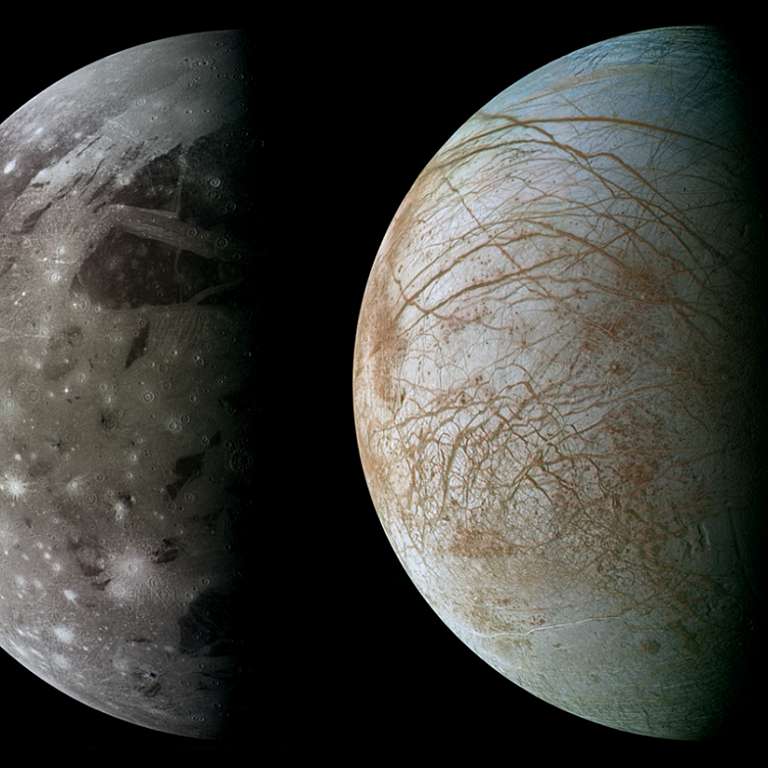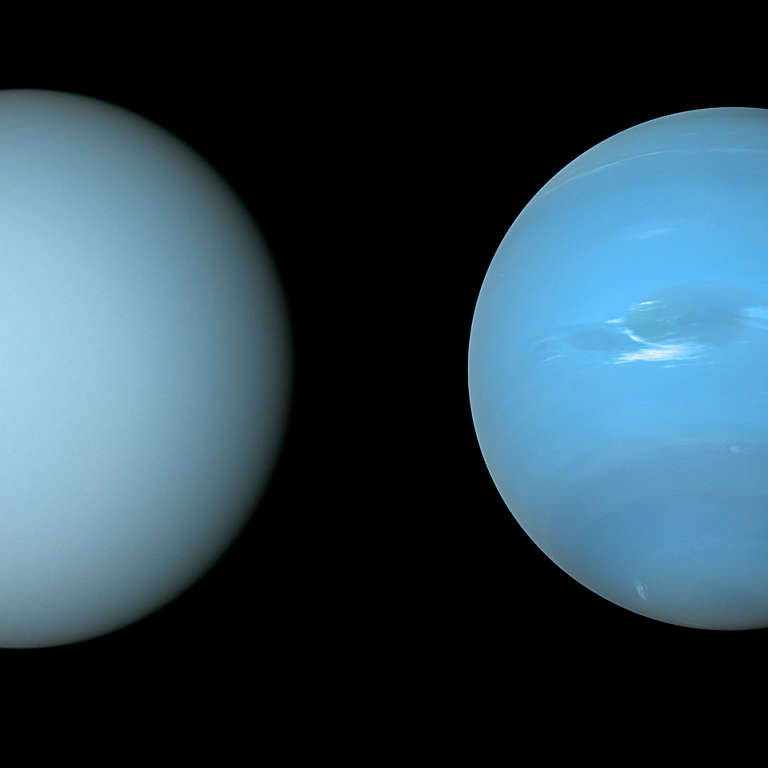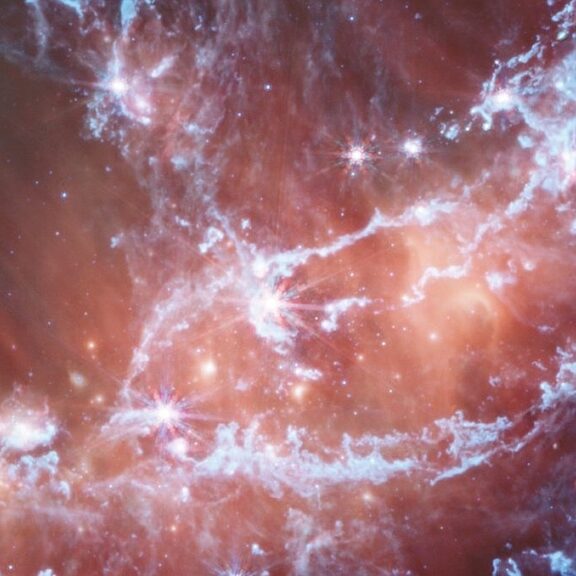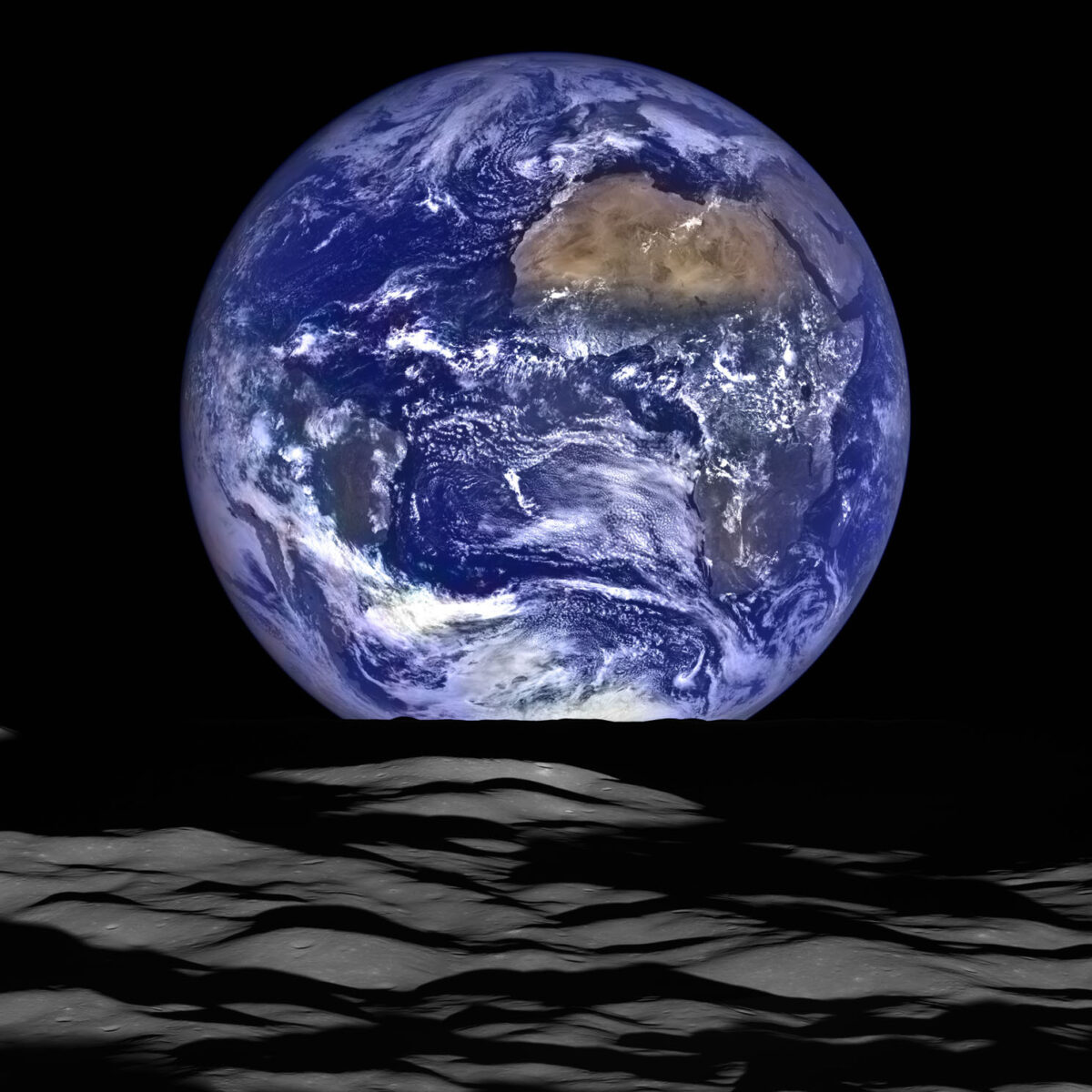All
All
Stories, updates, insights, and original analysis from The Planetary Society.
An exquisite cosmic coincidence
Why eclipses on Earth are unlike anything else in the Solar System.
How to host an eclipse party
Hosting a solar eclipse-watching party is a fantastic way to share one of nature’s most awe-inspiring events with your friends and family. Here’s a guide to hosting a safe and memorable eclipse-watching party.
Become an Eclipse Explorer!
In anticipation of the total solar eclipse on April 8, 2024, The Planetary Society has partnered with the National Park Service to launch a new Eclipse Explorer Junior Ranger booklet.
What is Venus' quasi-moon Zoozve?
The story behind the newly-named quasi-satellite of Venus.
The best places to search for life in our Solar System
From Earth's neighboring planets to distant moons, these are the best places to look for alien life.
The coolest moons of Jupiter and Saturn you’ve never heard of
Meet the lesser-known moons of our Solar System's gas giants.
What to look forward to in space in 2024
A total solar eclipse and the launch of Europa Clipper are on our list of cosmic events to get excited about this year.
What went wrong with Mars Sample Return
An edited transcript of an interview with Orlando Figueroa, chair of the independent review team that evaluated NASA's Mars Sample Return program.
Uranus' biggest unsolved mysteries
Distant, icy Uranus has puzzled scientists for decades. From its sideways spin to its mysterious magnetic field, the oddball world has many secrets waiting to be revealed.
Asteroids vs comets vs meteorites/meteoroids/meteors
A handy guide to help tease apart the differences between asteroids, comets, meteors, meteorites, and meteoroids. e
Why the true colors of the planets aren't what you think
Cameras on our space probes act as proxies for our own eyes, but what they see isn't necessarily what our eyes would see.
What is a planetary conjunction?
An explainer on planetary conjunctions, and what it means when a planet is at conjunction or at opposition.
Sharing an eclipse with kids
Here's a simple and safe way to observe solar eclipses that's appropriate for young children, with no eclipse glasses or other special equipment needed.
How do we see the surface of Venus from space?
Although Venus is shrouded in a thick atmosphere, several spacecraft have been able to image its surface from space. Future missions will expand and refine the maps we already have.
What are Jupiter’s Galilean moons?
An introduction to Jupiter's moons Io, Europa, Ganymede, and Callisto.
China's plans for outer Solar System exploration
A Callisto impactor, a Uranus flyby, and a dedicated ice giant orbiter could be on China’s planetary exploration horizon.
How did Earth get its water?
Earth's water may have been on our planet since its formation, or could have been brought here by impactors early in our planet's history. Here's a look at the leading theories about where Earth's water came from.
Looking for long waves
Why JWST observes in the infrared.
How old is the Earth?
The Earth is thought to be about 4.54 billion years old. Learn more about how it formed, and how we know when this all happened.
The best pictures of Mars from space
Spacecraft have been taking pictures of Mars from space since 1965. Here are some of our favorites.


 Explore Worlds
Explore Worlds Find Life
Find Life Defend Earth
Defend Earth


 Sun
Sun Mercury
Mercury Venus
Venus Earth
Earth Mars
Mars Jupiter
Jupiter Saturn
Saturn Uranus
Uranus Neptune
Neptune Small Bodies
Small Bodies